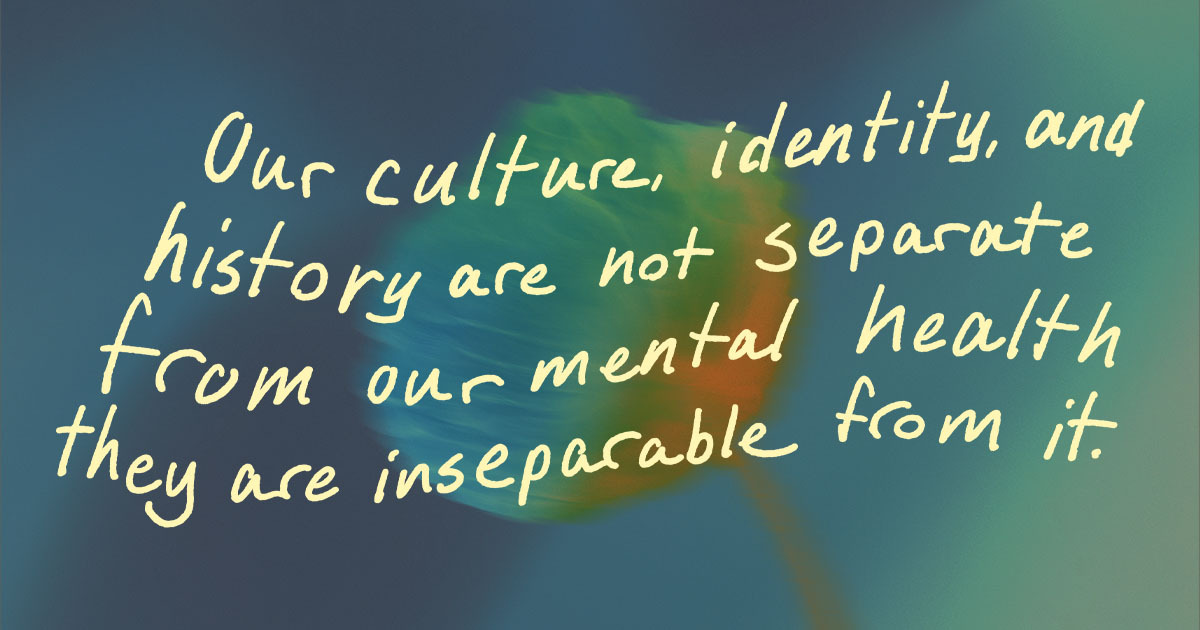Dear Friend,
Let’s talk.
I know you care about me, which is why I need you to see my color. When someone says, “I don’t see color,” I understand the sentiment; the desire to treat everyone equally, to transcend racial differences. But the truth is, I want you to see color. I want you to see me.
My color is a part of who I am, intricately woven into my experiences, my culture, and the lens through which I navigate the world. When you choose not to see color, you unintentionally choose not to see the struggles and barriers that come with it. You might miss the times my children were treated differently, the moments we faced systemic disadvantages, and the extra layers of resilience we’ve built to thrive in spaces not always designed with us in mind.
What you might not see are the mental and emotional tolls these experiences carry. The exhaustion of constantly navigating spaces where I feel unseen. The anxiety of wondering if my voice will be dismissed… again! The weight of microaggressions that accumulate like dust, small but heavy over time. The heartache of explaining to my children why the world sometimes treats them differently. These invisible burdens can wear on our well-being, sometimes quietly, sometimes loudly, but always persistently.
That’s why BIPOC Mental Health Month matters. It’s a time to make these truths visible. To remind the world that mental health is not one-size-fits-all and that healing isn’t linear. And that wellness, for many of us, must be understood through the lens of lived experience. We carry unique challenges, such as intergenerational trauma passed down like a silent inheritance. The constant pressure to be “twice as good” to get half as far. The stigma surrounding mental health continues to linger in our community, making it harder to ask for help without fear of judgment. The historical and ongoing impacts of racism, colonization, displacement, and injustice. And yet, we also hold equally unique ways of healing. We heal through storytelling doubled as therapy, where our elders pass down lessons wrapped in memory and metaphor. Communal strength, found in shared meals, spiritual practices, music, movement, protest, and prayer. Can’t forget culturally rooted traditions that teach us how to be still, how to survive, and how to find joy even in the cracks. This is us. This is me. See me!
Our culture, identity, and history are not separate from our mental health; they are inseparable from it. They shape how we experience pain, and they shape how we find peace.

For me, BIPOC Mental Health Month is about action. It’s about creating space for our voices, our healing, and our hope. It’s about validating what too often goes unseen, the immeasurable strength it takes to show up in a world that doesn’t always show up for you.
So, I’m asking you, my friend, please see my color. See the full picture of who I am. And let that vision guide you to be an advocate, an ally, and a voice for true equity, access, and belonging. Not just in July, but every day.
With love and hope.
Your girl,
Auslyn
People need other people. You are not weak for wanting or needing support. If you’re seeking professional help, we encourage you to use TWLOHA’s FIND HELP Tool. If you reside outside of the US, please browse our growing International Resources database. You can also text TWLOHA to 741741 to be connected for free, 24/7 to a trained Crisis Text Line counselor. If it’s encouragement or a listening ear that you need, email our team at [email protected].
Shirley
YES!!!